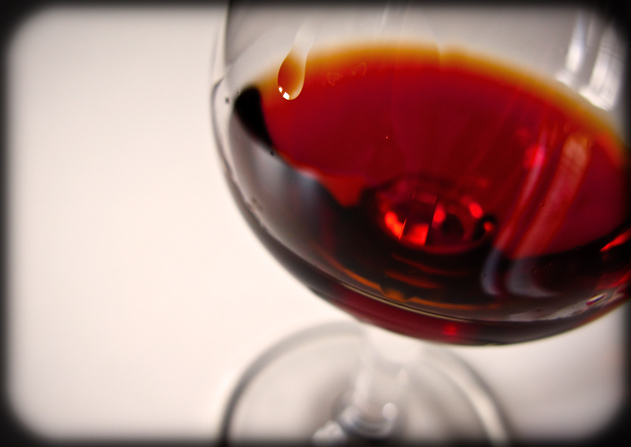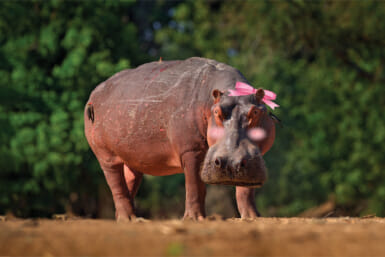Ella is singing the Cole Porter songbook. I have a cat in my lap and a glass of that least explored of French reds, Cahors, in hand. It’s a weekend and I’ve finally got a Saturday that makes no demands on me. Outside, the river is running fast and clear, the banks are populated with white and yellow flowers whose names I once learned but have now forgotten. The turtles are back, and the carp are spawning; there’s a new family of ducks under the bridge. The cherries are beginning to bear fruit, their blossom long gone, but the fresh green leaves are a delight, and the azaleas are bursting forth. Who cares if it’s colder than it should be?
Well, of course, we all ought to. After attending a number of obligatory sun-blessed hanami (cherry-blossom viewing) parties, I was astonished to wake up one recent morning to find the banks of the river and the roofs of my neighbors’ houses totally white with snow. Snow in April in Tokyo? I’ve known it only once before, some 20-odd years ago. That was put down to a freak of nature. Now we know better: this is part of an emerging pattern that will see our weather change significantly wherever we are, and not necessarily for the better.
Climate change is a fact of life. At a recent party to celebrate the birthday of Queen Elizabeth II (blessed as it happens by a single day of sunshine and fine temperatures between bookends of cold, wet days), we drank a loyal toast in English sparkling wine. Not too many years ago that would have been impossible (at least for those who care about the quality of what they are drinking), but the climate and the earth conditions in and around Kent make it now perfectly acceptable.
I am afraid I still cannot commit myself to British reds, but an associate who has far and away a better knowledge than I of wines and a palate to prove it is convinced that in 10 to 15 years the UK will be producing a more than serviceable claret.
Good news for British vintners, but what will it mean for our neighbors to the south in France, Spain and Italy? Presumably if the UK becomes hotter, so will they, and what then of their own vineyards and future harvests?
It is not, of course, wine alone that will benefit or suffer from these changes in our global climate. Agriculture as a whole will see a shift; fruits and vegetables once considered the sole preserve of more exotic climes than the UK could end up being local produce, and then think of the knock-on effect on the import-export business and the impact it could have on local employment.
That dusting of April snow along a Tokyo riverbank is a sure sign that we’re in for significant changes, and we can no longer write them off as freak events; or if we do, we do so at our peril.
Ian de Stains is the executive director of the British Chamber of Commerce in Japan. View expressed in this column are purely his own and are not necessarily endorsed or shared by the BCCJ.









